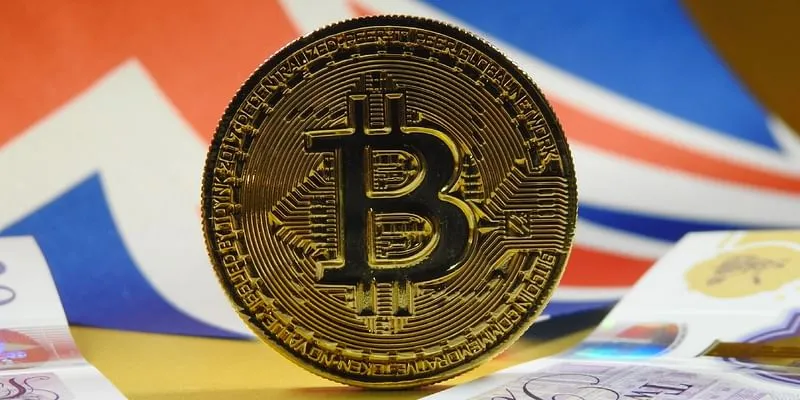
Mining and outlawed cryptocurrencies
According to what was reported by Reuters, and taken up by ArsTechnica, it seems that the Indian government is thinking of passing a law banning the use of cryptocurrencies, thus becoming the most hostile country in the world to the exchange of digital currencies. In particular, those who trade, mine and even just own cryptocurrencies will be fined. In the past, for example, China has also imposed some restrictions relating to trading and mining of cryptocurrencies, but you have not banned them completely.This is certainly not new for India, given that back in 2018, the Indian central bank had banned the provision of financial services to cryptocurrency exchanges, dissuading the growth of the sector in the area. However, last year the Indian Supreme Court overturned this ban, increasing people's interest in the subject, so much so that registrations at the Bitnms exchange have increased thirtyfold in the past twelve months.
If the new law is passed, cryptocurrency holders will have six months to liquidate their positions before the ban actually takes effect. It seems that the major concern of officials is to be found in the potential loss of money by Indian citizens. In fact, although Bitcoin currently has considerable value and has grown rapidly over the past few months, we know that it could lose it just as easily as it has in the past.
We also recently reported Citi's position regarding the future of Bitcoin, which predicts it will become the currency of choice for international trade. Elon Musk and Tesla have given a strong boost to cryptocurrency, thanks to the purchase of 1.5 billion dollars in Bitcoin and the announcement that in the future it will be accepted as a payment method to get hold of the cars produced by the company. >
On Amazon you will find the Samsung 980 PRO SSD line at attractive prices.
Cryptocurrencies set to be banned in India, traders to be penalised: Govt
India is set to become one of the strictest nations against cryptocurrencies, surpassing even the censorship levels of China. A media report revealed that the Indian government will propose a ban on cryptocurrencies. In fact, it would “criminalise possession, issuance, mining, trading, and transferring of crypto-assets.”
In January 2021, the government had called for banning private virtual currencies, including Bitcoin and Ethereum. The upcoming bill is expected to give cryptocurrency holders up to six months to liquidate their assets before the penalties kick in.
If the bill becomes a law, it will surpass even the Chinese, where the country has banned mining and trading cryptocurrencies but does not penalise possession.
Bitcoin — the shining light in the world of cryptocurrencies — was trading at between $5,000 and $6,000 in March last year. It hit an all-time high of $61,000 on Saturday, with its value growing 1000 percent in the past year.
Bitcoin’s bull run started during the COVID-19 pandemic when investors started favouring the digital currency over gold, especially the younger investors. This boom was further supported by statements from individuals like Elon Musk and PayPal’s announcement to allow its US-based users to trade in the digital currency.
Indian investors, too, have been boarding the cryptocurrency train after seeing global investors reaping rich benefits. While official numbers are scarce, transactional volumes in the country have been rising.
It is estimated that over eight million Indians trade cryptocurrencies with holdings amounting to nearly $1.4 billion.

One of the biggest critiques of cryptocurrencies, the Reserve Bank of India, has a negative stance against it. The RBI believes that the high levels of volatility in the value of the currency makes it unstable and a possible financial disaster. It has even given hints of launching its own digital currency.
Earlier in 2018, the central bank had forbidden Indian banks from dealing in cryptocurrencies. However, the Supreme Court had struck down this order in March 2020, asking the government to take a position and draft a law on the matter.